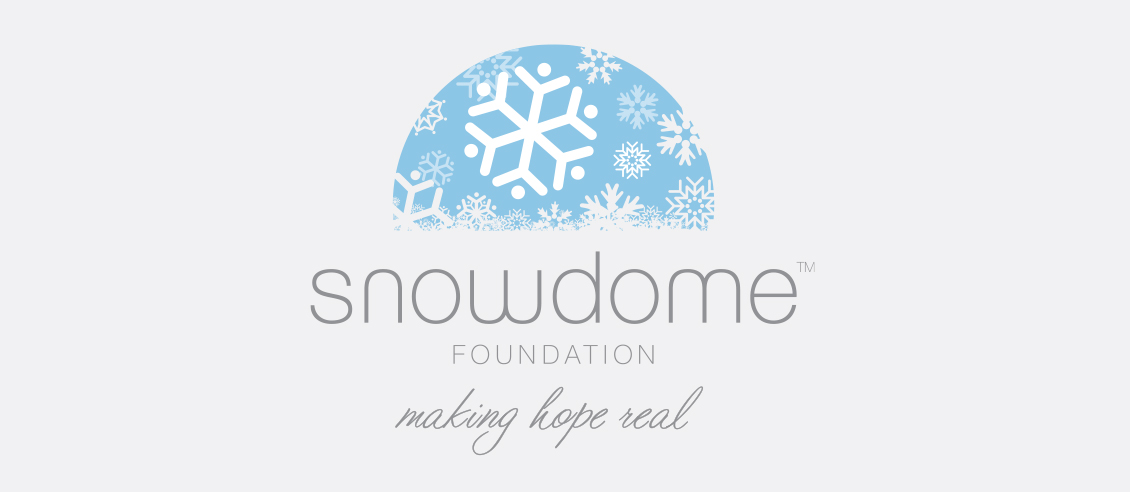Make a tax-deductible donation to Australian Blood Cancer Research

With the end of financial year fast approaching you may want to consider making a tax-deductible donation to Snowdome. Helping fund Australian blood cancer research and paying less tax is bound to make you feel happy. It only takes a minute if you click here or contact us at the office on 03 9005 0814.
Recently, Snowdome donations have funded genomic testing to help with prognosis, treatment choice and an understanding of disease progression. It identifies which Australian blood cancer patients can receive targeted therapies. To date, donations have helped fund 40 multi-year Australian Research positions driving greater understanding of blood cancers and the best way to treat and beat the disease. Donations have helped more than 320 patients gain access to clinical trials to receive next generation treatments. Prolonging life, hope and time with loved ones to cement memories. Please donate to help ‘make hope real’ for Australian blood cancer patients.
Snowdome currently has four projects that are in need of urgent funds.
- A circulating tumour DNA (ctDNA) study to research a novel way of diagnosing and assessing blood cancers in order to individualise treatments for patients. All funds donated are matched by the Epworth Medical Foundation. Snowdome requires $295,000 pa for this research
- Two research grants in conjunction with the Leukemia and Lymphoma Society in the USA. The grants will aid collaboration with Australian and International researchers to bring additional blood cancer clinical trials to Australia. $130,000 pa is still required for these research grants.
- The Christine and Bruce Wilson Centre for Lymphoma Genomics requires an additional $3million over the next 4 years to extend the genomic testing into myeloid malignancies.
- The Western Australia Lymphoma Centre of Research Excellence requires an additional $400,000 pa to ensure Western Australian blood cancer patients have access to next-generation treatments through international clinical trials in their home state.
